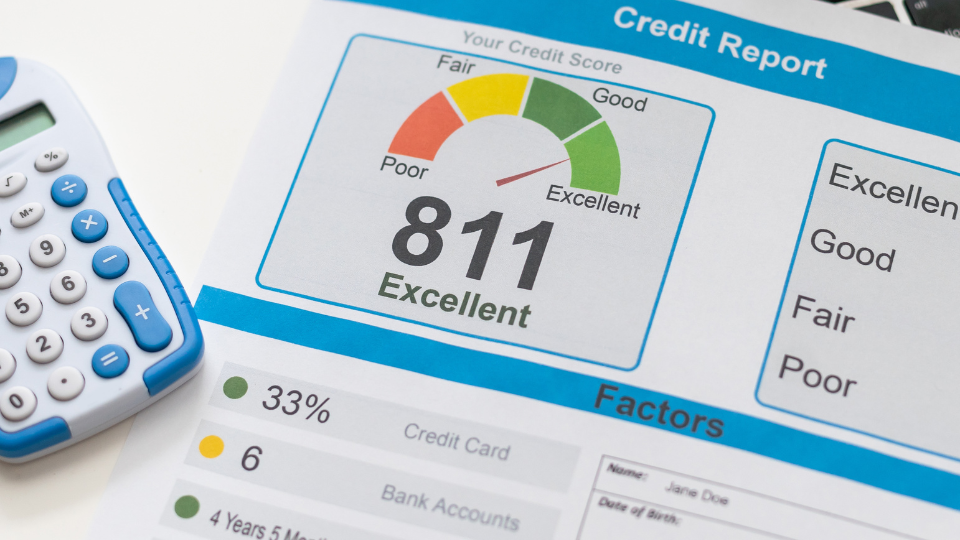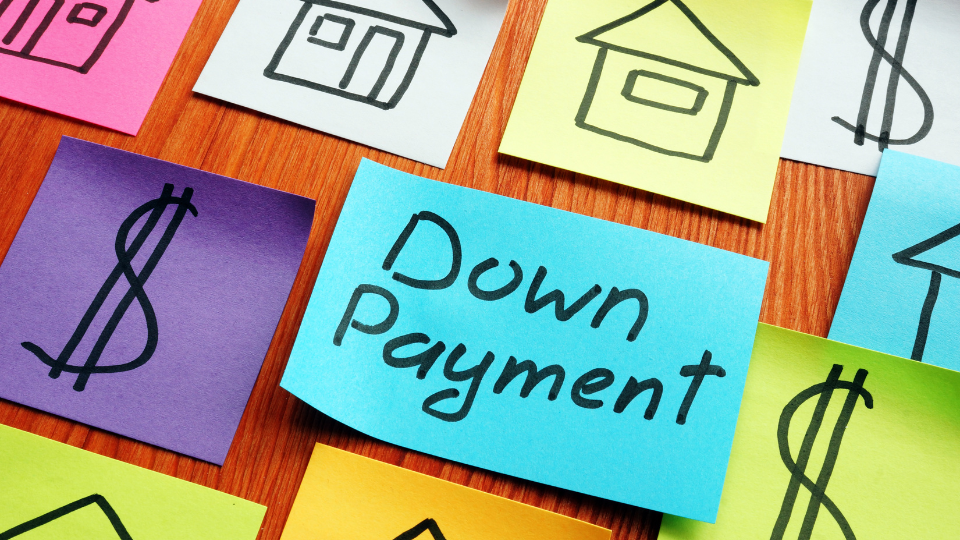Buying a home is an exciting milestone, but it can feel overwhelming if you’re unsure where to begin. The real estate market can be overwhelming for most. Whether you are buying a home for the first time or upgrading, knowing the home purchase process is important. This knowledge of the steps to purchasing a home helps you make better decisions.
This guide helps you understand the steps to buy a house. You will learn what you need and how to prepare for this important event.

Assessing Your Financial Stability
Why Financial Stability Is Key
Financial stability forms the foundation of homeownership. Lenders will evaluate your financing situation to determine your eligibility for a mortgage loan.
- Steady Income: A consistent income history is crucial for securing a mortgage. Most lenders want to see at least two years of stable employment.
- Savings for a Down Payment and Closing Costs: Down payments usually range from 3% to 20% of the home’s price. This amount depends on the type of mortgage you select. Closing costs, which include fees for appraisals, title searches, and other services, typically add 2-5% of the purchase price.
- Emergency Fund: Having a good safety net (3-6 months of expenses) helps you handle unexpected costs after moving in.
Learn more about financial readiness for homeownership from the Consumer Financial Protection Bureau.
Credit Health: A Pillar of Home Buying
Why Your Credit Score Matters
Your credit score directly impacts your ability to secure favorable terms on a mortgage loan. A higher score can help you qualify for better interest rates and save you thousands over time.
- Check Your Credit: Use tools like AnnualCreditReport.com to review your credit report and credit history for errors.
- Improve Your Credit: Pay off debts, avoid late payments, and reduce your credit card balances to boost your score.
- Impact on Loan Terms: Lenders usually want a score of 620 or higher for conventional loans. FHA loans may accept lower scores.
Pro Tip: Use a mortgage calculator to see how your credit score and interest rate impact your monthly mortgage payments.
Debt-to-Income Ratio and Why It Matters
Understanding DTI Ratio
Lenders assess your debt-to-income ratio (DTI) to ensure you can comfortably manage your mortgage alongside existing debts.
- Calculate Your DTI: Divide your total monthly debt payments by your gross monthly income. For example, if you pay $1,500 in debt and earn $5,000 per month, your DTI is 30%.
- Aim for a Low DTI: Most lenders prefer a DTI below 43%, though lower ratios can improve your chances of approval.
- Reduce Your DTI: Pay off small debts and avoid taking on new obligations before applying for a mortgage.
The Emotional Readiness for Homeownership
Are You Ready for the Responsibilities?
Buying a home isn’t just a financial decision—it’s an emotional and lifestyle commitment.
- Transitioning from Renting to Owning: Homeownership comes with added responsibilities, like maintenance, repairs, and property taxes.
- Long-Term Commitment: Be prepared to stay in one place for at least 3-5 years to recoup your investment.
- Personal Goals: Consider how owning a home aligns with your career, family, and lifestyle plans.
Not sure if you’re ready? Take our quiz to assess your home-buying readiness.
Income Levels and Home Buying
How Income Shapes Your Options
Your income determines your price range for homes and influences the type of mortgage you can qualify for.
- Stable Job History: Lenders favor applicants with a reliable income over the past two years.
- Income Assessment: Use a mortgage calculator to see how much house you can afford. This is based on your income and expenses.
- Consider Additional Costs: Budget for homeowners insurance, property taxes, and potential HOA fees.
The Role of a Down Payment in Home Purchasing
How Much Do You Need?
Your down payment is usually the biggest upfront cost when buying a house. However, there are different home loan options to make it easier.
- Down Payment Options: While conventional loans often require 5-20%, FHA loans allow as little as 3.5%. USDA loans may require no down payment at all if you qualify. Be mindful of the mortgage rates for these various options.
- Funding Sources: Savings, family gifts, or assistance programs can help cover this cost. Explore options like Down Payment Resource for potential grants.
- Private Mortgage Insurance (PMI): If your down payment is less than 20%, most lenders require PMI, which protects them if you default. PMI adds to your monthly costs, so factor it into your budget.
Preparing for the Home Buying Process
Key Steps for a Smooth Journey
- Get Pre-Approved for a Mortgage: This is a vital first step. Pre-approval shows sellers you’re serious and lets you know your borrowing limits. Learn more about mortgage pre-approval.
- Find a Real Estate Agent: A trusted agent can guide you through the home buying process, from searching for properties to closing the deal.
- Understanding Home Appraisal: The appraisal checks that the property’s value matches the purchase price. This is an important step for lenders.
- Prepare for Closing: Closing costs, home inspections, and final paperwork are important steps after your offer is accepted.
Mortgage Lenders and Loan Types
Choosing the Right Financing Option
Different types of mortgages are available, depending on your needs and eligibility.
- Conventional Loans: Ideal for buyers with strong credit and substantial down payments.
- FHA Loans: Great for first-time buyers or those with lower credit scores.
- USDA Loans: Perfect for rural or suburban homebuyers meeting income requirements.
- VA Loans: Exclusive to veterans and active-duty military, offering no down payment and competitive rates.
Compare loan types to find the best fit for your financing situation.
Monthly Mortgage Payments and Budgeting
Understanding What You’ll Pay
Your monthly mortgage payments consist of principal, interest, taxes, and insurance (PITI).
- Principal and Interest: Determined by your loan amount, interest rate, and term.
- Taxes and Insurance: Include property taxes, homeowners insurance, and, if applicable, PMI.
- Budgeting Tools: Use a mortgage calculator to get a clear picture of your monthly payment based on your loan details.
The Role of Home Appraisals and Inspections
Why These Steps Matter
- Home Appraisal: Ensures the property’s market value matches the purchase price, protecting you and your lender.
- Home Inspection: Identifies potential issues before you finalize the purchase, giving you peace of mind about your investment.
Conclusion: Keys to Your New Home
Buying a house is a journey that needs preparation and patience. However, it is worth it to hold the keys to your new home.
To buy your dream home, you need to learn the steps involved. Prepare your finances. Work with experts. This will help you feel confident in the home buying process.
Start your journey today! Explore homes in Central Ohio or contact us to discuss your goals. With the right preparation, you’ll soon find yourself living in a home that fits your dreams and budget.
Frequently Asked Questions (FAQs)
What Do I Need to Buy a House?
To buy a house, you need a steady income, good credit, a down payment, and funds for closing costs. You will need a pre-approval letter from a lender. You should also find a trusted real estate agent.
Finally, make a plan for managing ongoing costs. This includes your monthly mortgage payments and maintenance.
What Are the Steps to Buying a House for the First Time?
The process typically includes:
- Assessing your finances and credit health.
- Getting pre-approved for a mortgage loan.
- Hiring a real estate agent.
- Searching for homes within your price range.
- Making an offer and negotiating terms.
- Completing a home appraisal and inspection.
- Finalizing the loan and closing the deal.
How Can I Get a House with a Low Down Payment?
Programs like FHA loans and USDA loans allow you to buy a home with a smaller down payment. FHA loans typically require 3.5%, while USDA loans may offer zero down payment for eligible buyers in rural areas.
What Is Private Mortgage Insurance (PMI), and Do I Need It?
PMI is insurance that protects lenders if you default on your mortgage. Lenders usually require it if your down payment is less than 20%. You can avoid PMI by increasing your down payment or exploring loan programs that don’t require it.
What Is a Mortgage Pre-Approval, and Why Do I Need It?
A mortgage pre-approval is a letter from a lender stating how much they’re willing to loan you based on your financial situation. It strengthens your offer when buying a home and shows sellers you’re serious.
How Can I Estimate My Monthly Mortgage Payments?
You can use an online mortgage calculator to estimate your payments. It considers the loan amount, interest rate, and loan term. It also includes other factors like taxes and insurance.
What Is a Home Appraisal, and Is It Necessary?
A home appraisal evaluates the property’s market value. You must take this required step in the home buying process to ensure the home is worth the loan amount your lender offers.
What Should I Know About Choosing a Mortgage Lender?
When selecting a lender, consider factors like interest rates, fees, customer service, and the types of mortgages they offer. Shopping around and comparing at least three lenders can help you find the best deal.
What Is the Debt-to-Income Ratio, and Why Does It Matter?
Your DTI ratio is the percentage of your monthly income that goes toward debt payments. Most lenders prefer a DTI below 43%, though a lower ratio can improve your chances of approval and better loan terms.
How Do I Find a Real Estate Agent?
Look for an experienced agent who understands your local market and has positive reviews or referrals. A good agent can guide you through the house purchase process and negotiate the best deal on your behalf.
If you have additional questions, contact us, and we’ll be happy to guide you on your home-buying journey!













